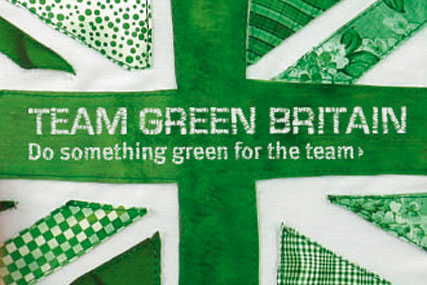
The recommendations are among changes proposed by Defra to its Green Claims Code, which the department is revising for the first time since 2003.
The draft guidelines, which, if adopted, will inform the CAP and BCAP advertising codes and provide a point of reference for the ASA, encourage the legitimate promotion of sustainable products.
They suggest that advertisers should avoid using "vague and undefined" terms in promotions. This would include describing products and services as "sustainable".
In the case of a new green technology or environmental issue, Defra suggests brands partner public and private sector bodies to help educate consumers, before launching their own campaign.
The draft code recommends "choice editing" by brands, including promoting greener options with price discounts and loyalty rewards, and reducing the prominence or availability of less environmentally friendly alternatives.
Brands making claims about future performance, as energy company EDF has with its 2020 carbon-reduction campaign, would be subject to annual third-party progress checks. If a company did not meet targets referred to in its marketing, this would be "made clear in the public domain".
Ads such as Crédit Agricole's green banking activity may also be affected by the guidelines.
Robert Keitch, head of brand and membership at the Direct Marketing Association, said many brands are yet to realise that advertising around greener products can provide a "competitive advantage".
However, there remain concerns that the revised guidelines would not achieve their goal of rewarding companies that address the impact of their product on the environment.
Blake Ludwig from environmental pressure group We Are Futureproof,said:"The crux of the whole problem seems to be when we define something as 'green'.
"Something that is less bad isn't the same as something that is good. At the moment [the code] doesn't do enough to pull apart those who are genuinely doing things in an environmentally friendly way from those who are greenwashing."


.jpg)


.jpg)